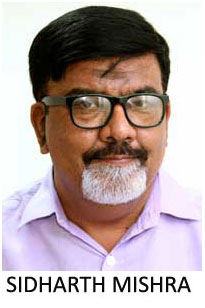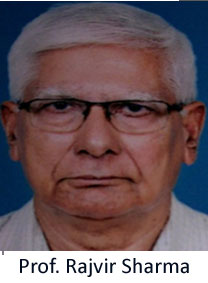The nine-day-long drama which Delhi chief minister ArvindKejriwal unfolded in the ante-room of Lieutenant Governor’s office opened discussions on several political repercussions which it believed to have caused. While a quadruple of Chief Ministers, belonging to Opposition parties and in the town for a NitiAayog meeting, did not miss the opportunity for a photo frame. On the other hand, the Congress leadership was on the receiving end of brickbats hurled at them for not joining the opposition party.
All through the nine-days that ArvindKejriwal and his aides had the television crews holed up at Raj NiwasMarg, they did not bother to address the ‘official opposition’ that is the Delhi BJP. Despite having won the last round of polls in the city – the municipal elections in 2017 and having seven LokSabha MPs from the city, Delhi BJP failed to make an effective presence in the political drama. It was left to the Lieutenant Governor and the bureaucrats to fend for the centre’s cause.



